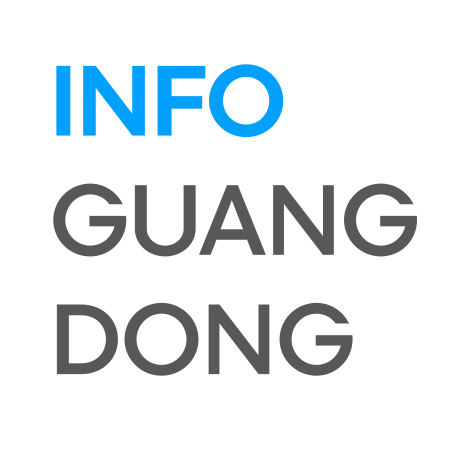Healthcare units across Guangdong have implemented a total of 289 "Artificial Intelligence + Healthcare" application scenarios, according to the Guangdong Provincial Health Commission.
These cases cover 12 aspects and 44 application scenarios across four major fields, including medical service management, primary public health services, healthy industry development, and medical education.

The AI-powered medical guidance digital human is now being used in some hospitals in Guangdong.
Among the four fields, medical service management has the highest number of AI application scenarios. Out of the 44 scenarios, 27 fall under medical service management, accounting for over 60%.
"Medical Imaging Intelligent Auxiliary Diagnosis" has the most application cases, with 73 instances. Dozens of hospitals in multiple cities such as Guangzhou and Shenzhen are experimenting with this technology, which encompasses not only inspection and examination areas like cytopathology, ultrasound, and radiological imaging but also specialized diseases such as chronic sinusitis, pulmonary nodules, and electrocardiogram-related conditions.
Additionally, other "AI +" application scenarios with relatively high numbers of implementation cases include Clinical Specialized Disease Intelligent Auxiliary Decision-Making (25 cases), Intelligent Outpatient Triage (18 cases), Intelligent Medical Record Auxiliary Generation (15 cases), Surgical Intelligent Auxiliary Planning (13 cases), Intelligent Medical Document Quality Control Assistance (12 cases), Intelligent Health Management (11 cases), and Intelligent Pre-consultation (10 cases).
The Guangdong Provincial Health Commission expressed hope that regions and units across the province will refer to and learn from these beneficial practices, implementing and promoting them based on local realities.
The commission also called for further exploration and practice of "AI + Healthcare," an expansion of AI application scenarios, continuous improvement in the efficiency and quality of healthcare services, and the advancement of high-quality development in the health sector.
Medical imaging-based artificial intelligence is currently the most industrially mature field of medical AI applications. In China, over 100 AI medical software products have obtained Class II or Class III medical device certificates, with most being medical imaging products, such as imaging-assisted diagnosis systems for cardiovascular and cerebrovascular diseases, lung conditions, bone disorders, and liver lesions.
Reporter | Chen Jinxia
Editor | Hu Nan, James, Shen He





